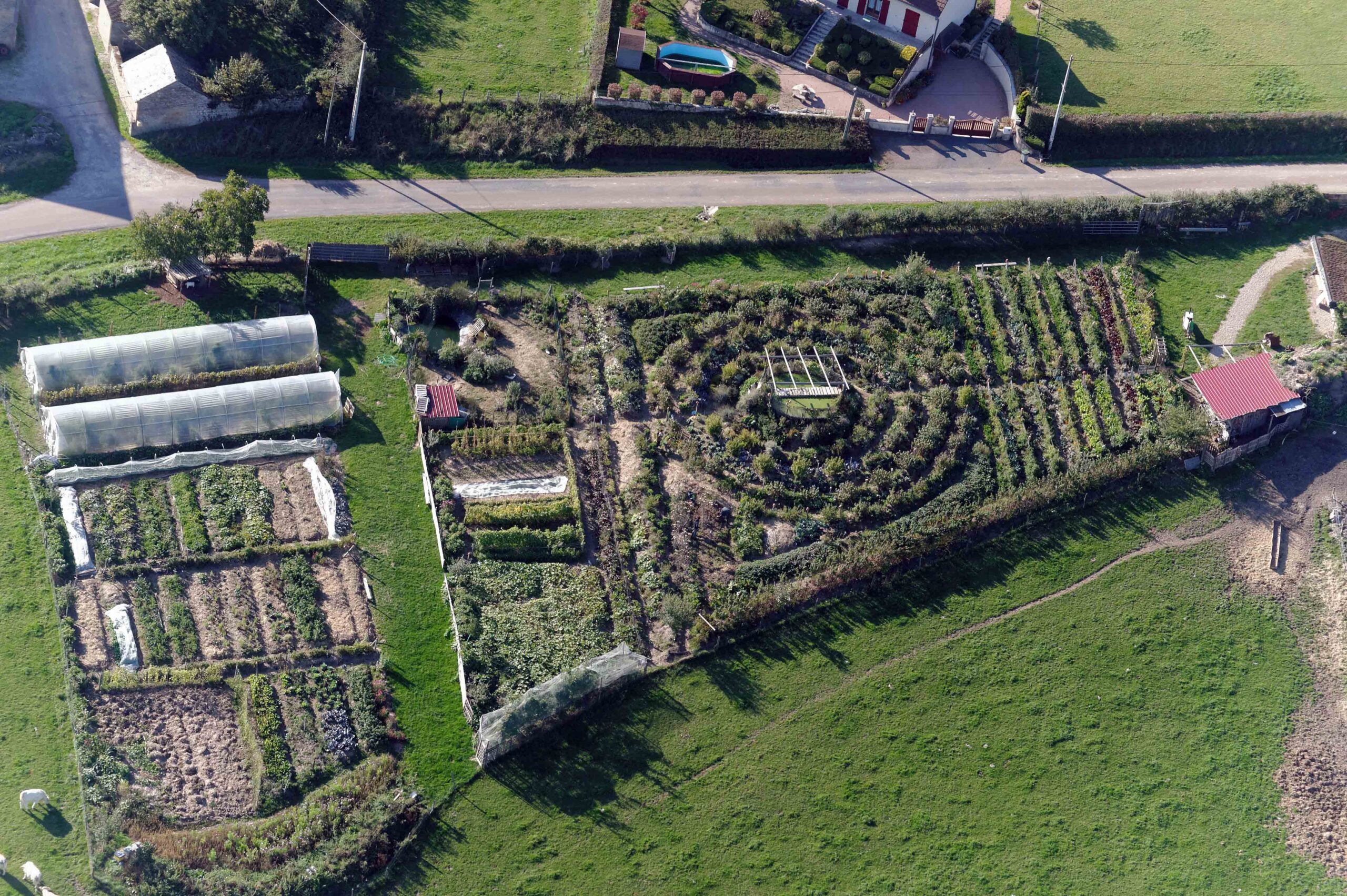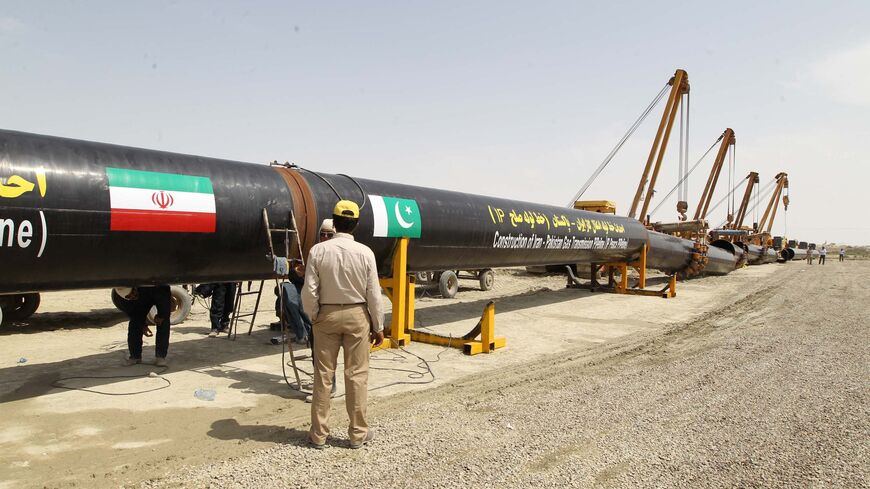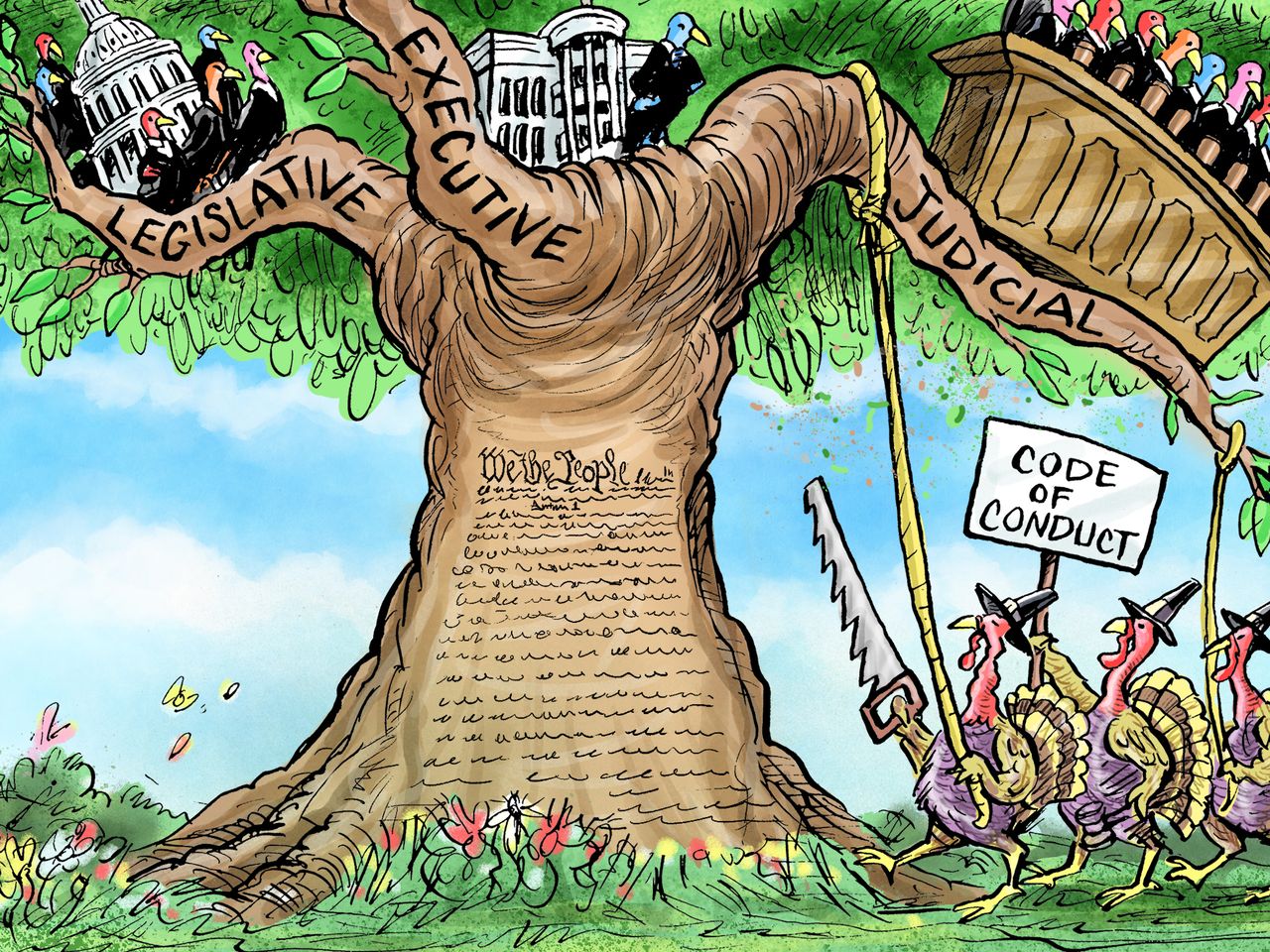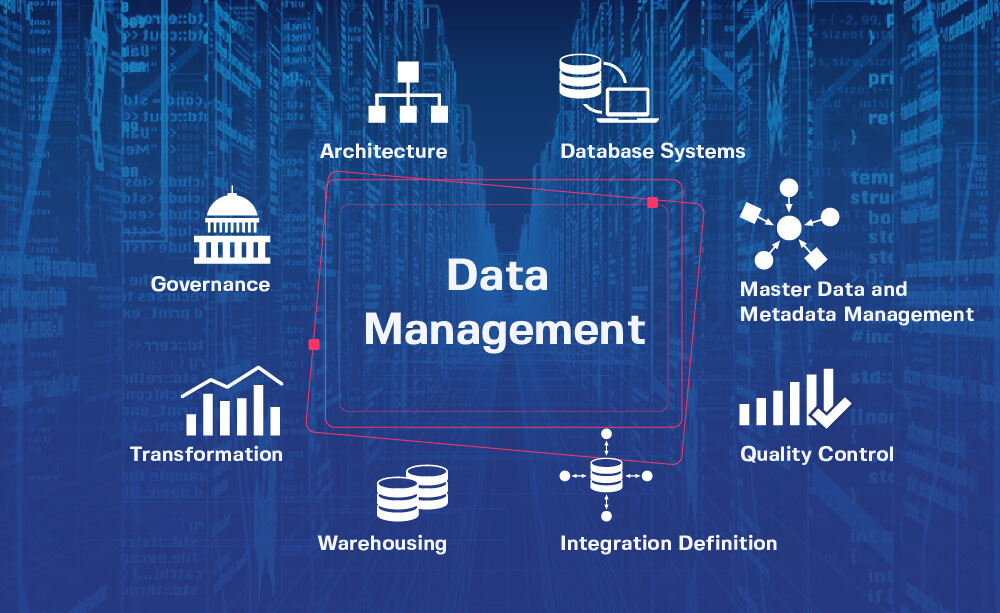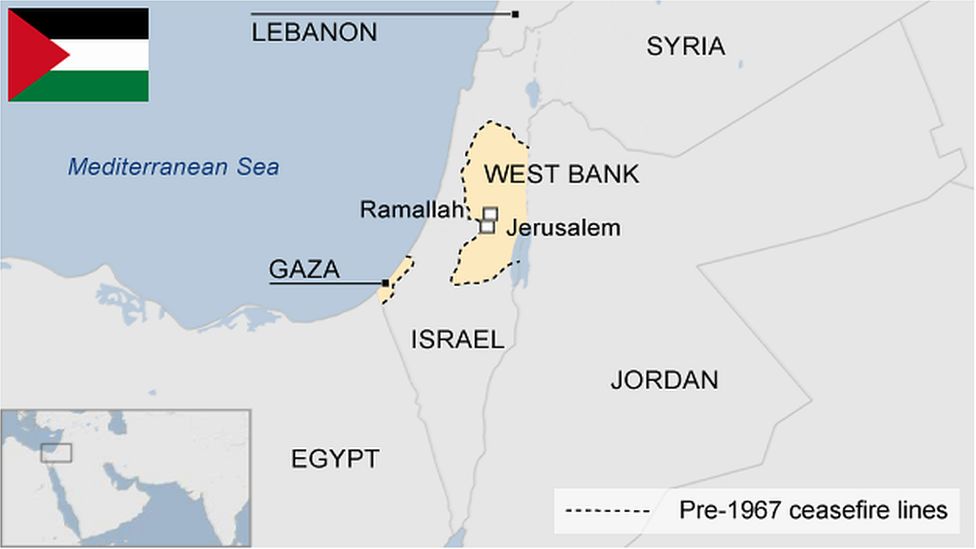Arshad Mahmood Awan
Small-scale farming has always been an integral part of agriculture, providing food security to millions of people worldwide. These farmers play a critical role in providing the food we eat, and their contribution to global food security is undeniable. However, small-scale farming has been facing significant challenges, including climate change and globalization, which have threatened their livelihoods and food security.
Small-scale farming is the backbone of agriculture, especially in developing countries, where agriculture is the primary source of income for many rural households. These farmers typically own small plots of land and rely on traditional farming practices, making them more vulnerable to climate change and other environmental challenges.
In recent years, climate change has had a profound impact on small-scale farmers, leading to unpredictable weather patterns, crop failures, and food insecurity. These farmers are facing a significant challenge in adapting to these changes, which often require expensive investments in new technologies and practices.
Facilitating and developing small-scale farming is essential to overcoming these challenges and ensuring food security. There are several reasons why small-scale farming is crucial for the agriculture sector.
Firstly, small-scale farming is more sustainable and environmentally friendly than large-scale farming. These farmers typically use traditional methods of farming that are less harmful to the environment. They often rely on organic farming practices, which minimize synthetic fertilizers and pesticides, promoting soil health and preventing soil degradation.
Secondly, small-scale farming is more accessible to local communities, providing them with a source of income and food security. These farmers are often part of the local community, and their produce is sold locally, providing fresh and nutritious food to the community. This also means that people do not have to rely on imported food, which can be expensive and less nutritious.
Thirdly, small-scale farming can help to preserve local biodiversity. These farmers often grow a variety of crops, including traditional and indigenous varieties, which are adapted to local conditions. This helps to preserve local biodiversity, which is essential for the long-term sustainability of agriculture.
Facilitating and developing small-scale farming requires a multi-pronged approach. Governments must provide support to small-scale farmers, including access to credit, training, and technical assistance. This can help farmers to adopt new technologies and practices that can increase productivity and reduce the impact of climate change.
In addition, governments can develop policies that promote sustainable farming practices and protect small-scale farmers from the negative effects of globalization. This includes developing policies that support local food systems, promoting fair trade practices, and protecting farmers’ rights.
Private sector investments in small-scale farming can also play a critical role in facilitating and developing small-scale farming. Private sector investments can support small-scale farmers by providing them with access to markets, credit, and technology. This can help to increase their productivity and income, reducing poverty and enhancing food security.
Small-scale farmers can also benefit from cooperatives, which can provide them with access to markets, credit, and technology. Cooperatives can also help farmers negotiate better prices for their produce and provide them with access to information and training.
Therefore, small-scale farming plays a critical role in ensuring food security and developing the agriculture sector. Facilitating and developing small-scale farming requires a multi-pronged approach that involves government support, private sector investments, and the promotion of sustainable farming practices. By investing in small-scale farming, we can ensure that everyone has access to nutritious food and the agriculture sector is sustainable in the long run.
Evolution and change have been universal truths since the beginning of time. Change is a natural phenomenon that affects all living things on Earth. Change can have both positive and negative impacts on humans, and we must adapt to these changes to ensure our survival. In the modern world, where we are all connected and living as one global village, we must learn to work together to tackle the challenges we face, especially about climate change.
Science acknowledges climate change, which poses a significant threat to global food security. Rising temperatures, erratic weather patterns, and water scarcity threaten agricultural productivity, potentially leading to devastating food insecurity in the coming decade. Pakistan, a nation particularly vulnerable to extreme weather events, must find solutions to ensure food security in the face of these challenges.
Global warming disrupts weather patterns, leading to erratic rainfall, floods, droughts, and heat waves. Pakistan has already witnessed the devastating consequences of these changes, with floods wiping away agricultural lands and scorching heat waves impacting crop yields. This, coupled with a continuously rising population, creates a perfect storm for food insecurity.
To combat the effects of global warming, Pakistan can invest in climate-smart agriculture, embracing new technologies like drought-resistant crop varieties and efficient irrigation systems. Additionally, promoting sustainable farming practices that minimize environmental impact is crucial. Modernizing irrigation infrastructure, rainwater harvesting techniques, and efficient water usage across sectors can help conserve water resources.
Implementing robust weather forecasting and early warning systems can allow farmers to prepare for extreme weather events, minimizing crop losses. Farmers’ training in climate-smart agriculture will also empower them with essential skills. Investments in climate-proof infrastructure and seed security will further enhance resilience. Strengthening Farmer Producer Organizations (FPOs) is necessary to ensure access to resources and market opportunities.
Pakistan’s recent collaboration with Saudi Arabia for agricultural investment offers hope. Saudi Arabia’s interest in corporate farming on unused land could boost agricultural production and introduce advanced technologies. However, ensuring that such investments prioritize sustainable practices and benefit Pakistani farmers in the long run is crucial.
Empowering small-scale farmers is an essential step towards ensuring long-term agricultural sustainability. Small-scale farmers are more likely to adopt sustainable practices like crop rotation, cover cropping, and organic farming, which improve soil health, conserve water, and promote overall ecosystem health. They also have a deeper understanding of local conditions and use traditional knowledge to adapt to changing weather patterns.
The fight against climate change and food insecurity requires a multi-pronged approach. By embracing innovative methods, prioritizing resource conservation, and leveraging international partnerships, Pakistan can navigate the challenges of a changing climate and ensure food security for its citizens.
However, this fight requires government action, public awareness, and participation. Educating farmers about climate-smart practices and encouraging sustainable consumption habits are critical to a successful strategy. Promoting responsible consumption habits like reducing food waste and adopting plant-based diets can significantly contribute to the solution.
By implementing a comprehensive action plan and taking proactive measures, Pakistan can build a more resilient food system and ensure food security for its citizens. It’s time to take action and create a food-secure future for all.
Please, subscribe to the YouTube channel of republicpolicy.com



































